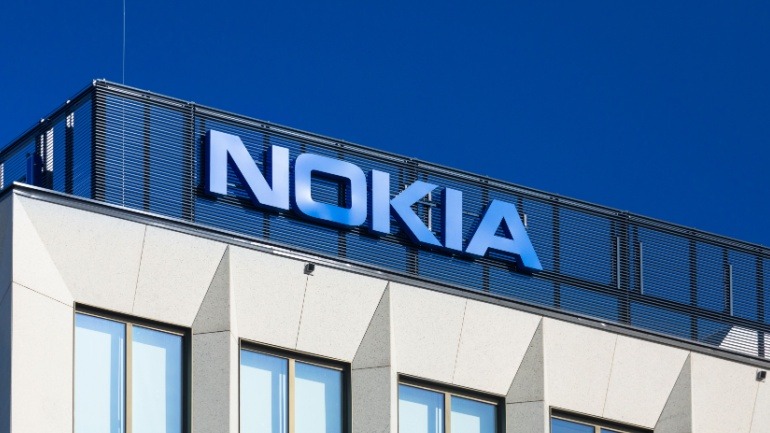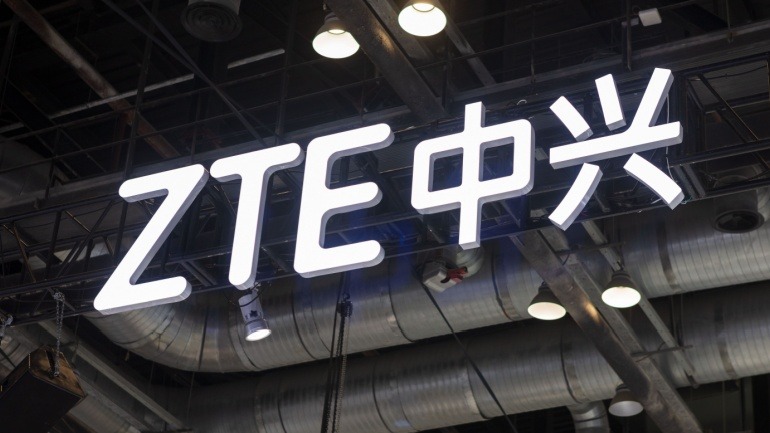Hong Kong’s recent 5G spectrum auction achieved a massive HKD2.24 billion, spotlighting the government’s focus on telecommunications advancements. Key players like China Mobile Hong Kong and Hutchison Telecom secured vital frequencies.
U Mobile has secured approval to launch the country’s second 5G network, enhancing national 5G infrastructure in partnership with Huawei and Digital Nasional Berhad. This move follows Malaysia’s dual-network transition and underscores U Mobile’s commitment to innovation, local investment, and international collaboration.
The escalating US-Huawei tensions profoundly impact the global VOIP industry by highlighting the strategic importance of technological independence. Ongoing sanctions against Huawei emphasize a pivotal point: adaptability in sourcing components is crucial. As these US-China dynamics unfold, VOIP providers must anticipate shifts in technological power impacting future market strategies.
Nokia’s recent decision to cut over 2,000 jobs in China and Europe is part of a broader strategic restructuring plan aimed at optimizing operations and realizing significant cost savings. This workforce reduction aligns with Nokia’s efforts to respond to changing global market dynamics.
Microsoft’s latest Digital Defense Report reveals a staggering 600 million daily cyberattacks amid global geopolitical tensions. As discussed by OpenText Cybersecurity’s Matt Aldridge, the landscape poses a complex threat matrix involving cybercrime gangs and state-backed entities.
MediaTek has unveiled the Dimensity 9400, a powerful chipset built on TSMC’s 3nm process, delivering up to 40% better power efficiency and 35% faster single-core performance. Targeting edge-AI applications, it supports Wi-Fi 7, tri-fold smartphones, and advanced 5G connectivity.
At the recent United Nations Summit of the Future 2024, ZTE showcased initiatives to bridge the digital divide in remote regions using advanced digital technologies. Highlights included a 5G base station at Kekexili for real-time monitoring of endangered species and various 5G projects supporting environmental conservation.
Celona, a U.S.-based private networks specialist, is advancing into the Chinese market through a strategic partnership with Xingtera. This collaboration aims to deploy Celona’s innovative 5G LAN solution across industries such as manufacturing and logistics. Supported by Oriental Cable Network and Inspur, the partnership enhances secure wireless connectivity and accelerates digital transformation.
Huawei is revolutionizing the wrist-worn device market, especially in China, by bucking global trends and achieving significant growth. With a 42% year-on-year increase in shipments, Huawei leads thanks to strategic market expansion and robust domestic performance.
The Swansea Bay City Deal awarded VMO2 a contract to upgrade fibre infrastructure. The global smartphone market is expected to grow, driven by Android sales in China and emerging markets. Patton acquired Raymar Information Technology to continue supporting crucial legacy industrial technologies. EE has released age-specific smartphone usage guidelines.













